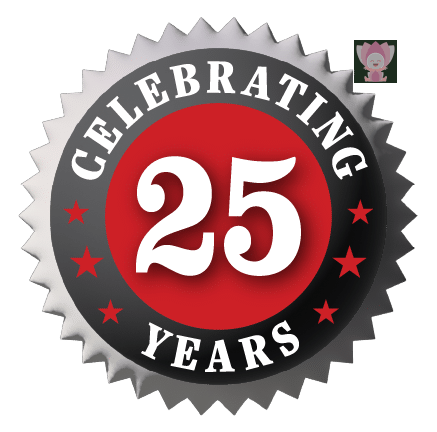“It Took a Long Time, But He Finally Found a Role.”

Anne Duncan experienced high, persistent anxieties and social difficulties during her 12 years as a teacher. Discouraged, she left teaching and spent three years searching for a different occupation, eventually turning to administrative work. She connected with Crossroads, a disability employment group in Sacramento, and volunteered in several clerical roles before accepting a position with the California Department of Corrections, which has proved to be a better fit over the last nine years.
Paul Nussbaum held and lost a series of jobs in his 20s and 30s. Over the past 15 years, he has settled into a combination of a handyman business and seasonal employment with Ascendigo, the sports program based in Colorado for children and adults with autism.
Both Anne and Paul were diagnosed with autism in adulthood. “Being diagnosed at age 40 with autism after a long, hard struggle with employment, academics, and major communication and social issues, the light bulb went on,” Paul said. “I learned about autism and found there is a huge population, just like me, with the same struggles.”
[Get This Free Resource: Autism Evaluation Checklist]
In Northern California, the Autism Job Club has begun to chronicle and detail the professional journeys of its members over 40, including their experiences and advice for younger workers. And though many members experienced multiple job losses in the first decade or two of working, that’s rarely the full story. Over time, many have found their niche in the job market — thanks, in large part, to maturity, an acceptance of workplace protocols, and finally finding a skill fit.
For most, finding that fit takes patience and persistence. After decades in food service (including five years of making lunches in a children’s autism program), Sarah Howard, 51, earned a degree from Cal State University, Stanislaus, in geography in 2020. The following year, she obtained a remote work position as an Apple Junior GIS technician, but within four months she and her employer decided “it wasn’t a good fit.”
“It was a very dry job, and I am way too extroverted for a remote work like that,” she said. Currently she is volunteering at Learning Quest, an adult literacy program, and pursuing a Master’s degree in non-profit management.
Mark Romoser, in his late 50s, has a degree from Yale. He held jobs with disability advocacy groups for 15 years, before being laid off in 2016. He currently works 10 hours a week at a high school for neurodivergent students and hopes to get back into the advocacy field.
[Read: How to Gauge Diversity, Equity & Inclusion — Key Questions to Ask in an Interview]
These stories echoed true for members of the Autism Job Club during a recent virtual meeting. An older parent spoke of her son, 47, and his job journey: “When he was in his 20s he wanted to be an animator, and but was not able to get a job at that. He then tried other fields, such as auto mechanic and assembler in a motorcycle dealership, and was not able to hold a steady job, mainly due to social and performance pressures. He does drive, and about 10 years ago began volunteering with a paratransit service and Meals on Wheels. He subsequently obtained his Class B license and secured full-time employment driving a paratransit bus. He has been employed there for more than 7 years. He enjoys the job and is good at it, and the riders like him. It took a long time, but he finally found a role.”
It’s never too late for adults with ADHD, autism, or other learning differences to find their perfect career fit — regardless of discouraging earlier job disappointments. The strategies for job placement later in life include the following:
- Utilize the free resources available through the vocational rehabilitation and disability services agencies in most states. Most states have two separate agencies of vocational rehabilitation and developmental disabilities, and many neurodiverse adults take advantage of resources available through both. As a job seeker, you cannot leave your job search to these agencies, but you should utilize their resources in a partnership effort.
- Utilize the business networks of family and friends, and networks of the extra-governmental neurodiversity groups. Don’t ignore the online job listings, but these are usually very competitive. Personal contacts and referrals still are the best lead into a company.
- It’s a numbers game; plan to apply for 40 to 50 jobs, not 4 or 5. When I started in the employment field in the late 1970s, I would recommend applying for at least 4 to 5 jobs. Now I recommend applying to 10 times that number. The competition for nearly all jobs has gotten much higher over the years.
Most of all, don’t try to do it alone. There is an infrastructure of governmental and extra-governmental resources to which you are entitled to and should draw on.
Career Advice for Autistic Adults: Next Steps
 CELEBRATING 25 YEARS OF ADDITUDE
CELEBRATING 25 YEARS OF ADDITUDE
Since 1998, ADDitude has worked to provide ADHD education and guidance through webinars, newsletters, community engagement, and its groundbreaking magazine. To support ADDitude’s mission, please consider subscribing. Your readership and support help make our content and outreach possible. Thank you.
















Leave a comment